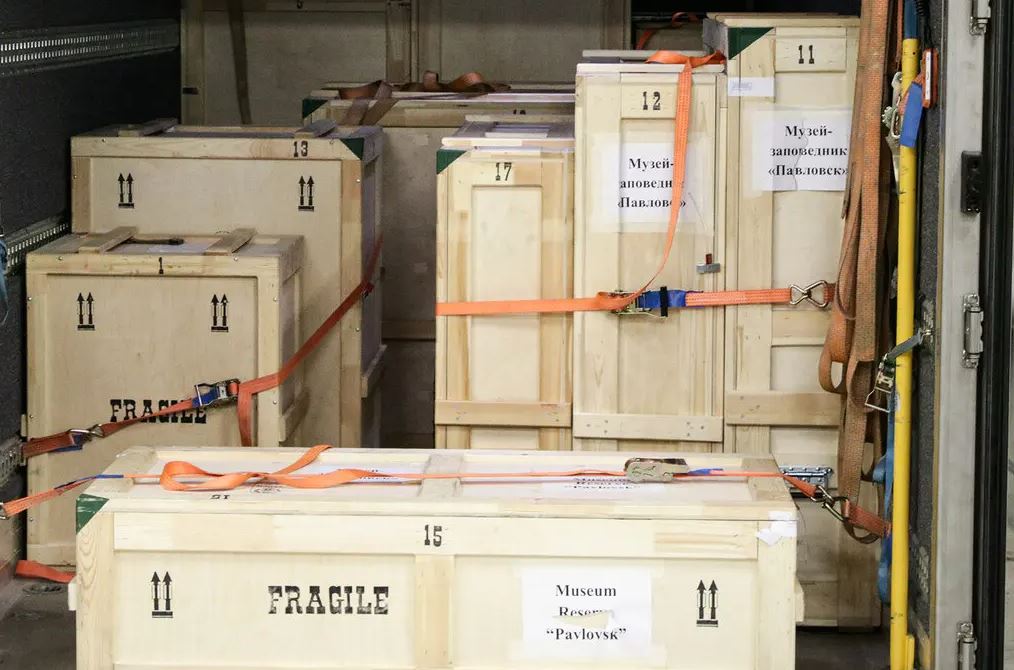The Finnish customs service announced on Wednesday that it had seized three shipments containing works of art being transported back to Russia from exhibitions in Italy and Japan because they were suspected of being subject to European Union sanctions imposed on Russia as a result of its invasion of Ukraine.
On Friday and Saturday, the shipments, which included paintings and sculptures, were halted at Vaalimaa, the border crossing between Finland and Russia, according to a press release on the Tulli website of the Finnish customs office.
Mika Parkkonen, a spokeswoman for the service, confirmed that the item had been seized.
Mr. Parkkonen said in a telephone interview that the estimated insurance value of the cargoes was 42 million euros ($46 million), but he did not provide any other information.
On the website, it was said that “the pieces of art were in the process of being transferred from Italy and Japan to Russia through Finland.” “They had previously been on show at exhibits.”
The customs department produced images of the cargo, which seemed to be in huge wooden crates.
On Wednesday, Sami Rakshit, the head of the Finnish customs’ enforcement department, provided some further information regarding the seizure at a press conference. According to Reuters, he informed reporters that the artworks included antiques and that they had been on loan from Russian museums and art galleries for a period of time before being confiscated.
According to the Russian news agency Tass, the artwork displayed in Italy was part of two exhibitions: one at the Piazza Scala Gallery in Milan, which featured pieces from the State Hermitage as well as the Tsarskoye Selo, Pavlovsk, and Gatchina museum reserves; and another at the Museum of Modern Art in Udine, which featured works from the State Tretyakov Gallery and the State Museum of the East.
A statement from Finland’s Foreign Ministry stated that the European Union’s sanctions list “contains a paragraph on works of art,” and that the ministry had begun a preliminary investigation into whether the works seized at Vaalimaa were in violation of E.U. sanctions, according to the customs service.
The Finnish authorities have said that they would also engage with the European Commission in Brussels on the matter.
A statement on the customs services’ website said that “the preliminary inquiry will continue in the form of information collecting, international collaboration, and requests for mutual help.” According to the Finnish Customs, “we are working hard to conclude the inquiry as quickly as feasible.”

